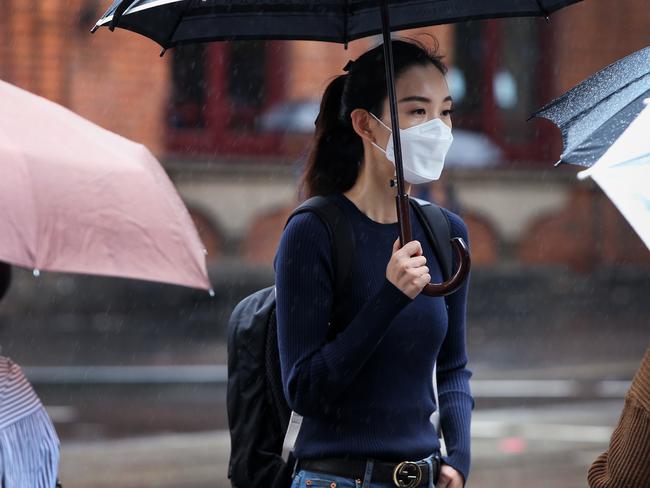How coronavirus could harm your mental health
The outbreak of COVID-19 and time in quarantine is likely to cause widespread and long-lasting negative mental health outcomes, experts warn.
Illness
Don't miss out on the headlines from Illness. Followed categories will be added to My News.
The outbreak of COVID-19 is likely to cause widespread and long-lasting negative mental health outcomes, experts warn, with extreme cases resulting in symptoms of post-traumatic stress and suicide.
Symptoms of psychological distress and disorder including depression, confusion, insomnia, low mood and anger are predicted to surge as increasing numbers of Australians are forced into quarantine by the pandemic.

In a “rapid” worldwide review of 24 studies into the psychological effects of quarantine, including two Australian studies, researchers at the Department of Psychological Medicine King’s College London found quarantine consistently caused negative effects on mental health and psychological wellbeing.
Stressors included fear of infection, frustration, boredom, anxiety over inadequate supplies and information, financial loss and stigma around the ill.
While there have been no COVID-19 specific mental health resources put in place to service an increased reliance on services, The Department of Health has urged Australians to use the Head to Health website for online and phone support and treatment options.
“The Australian Government recognises that home isolation, quarantine periods and the spread of COVID-19 can be stressful and may leave people feeling concerned. There are a range of support services available to both the general public and healthcare workers, including talking to a counsellor or other mental health professional,” said a spokesperson from the Department of Health.
Health workers are particularly at risk of suffering long-term mental health problems according to the King’s College review, which found three years after the 2003 SARS outbreak health workers who had been quarantined were associated with alcohol abuse and avoidance behaviours such as not reporting to work.
The Australian Psychological Society (APS) has advised feelings of fear about a virus that appears random and uncontrollable are “reasonable and understandable” but has advised against panic.
“Exposing yourself to a constant stream of negative information takes a huge psychological toll,” said APS president, Ros Knight.
“Avoid reading social media posts that warn of an apocalypse and don’t get drawn into doomsday discussions. Sticking to the facts and relying on scientific sources for your information is the best way to maintain perspective and manage your feelings positively.”
If you are experiencing mental health issues or suicidal feelings contact Lifeline on 13 11 14 or BeyondBlue 1300 224 636. If it is an emergency please call 000.
